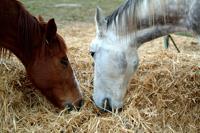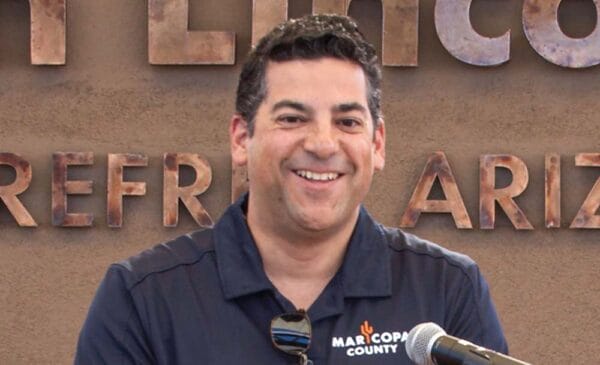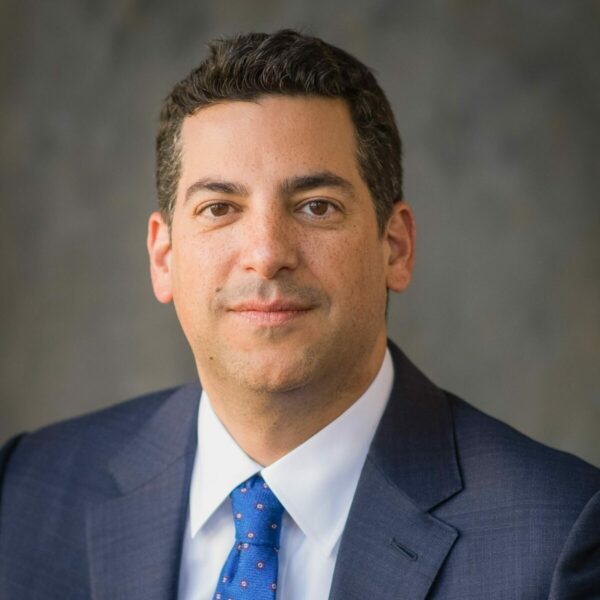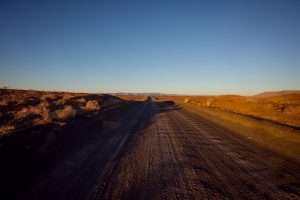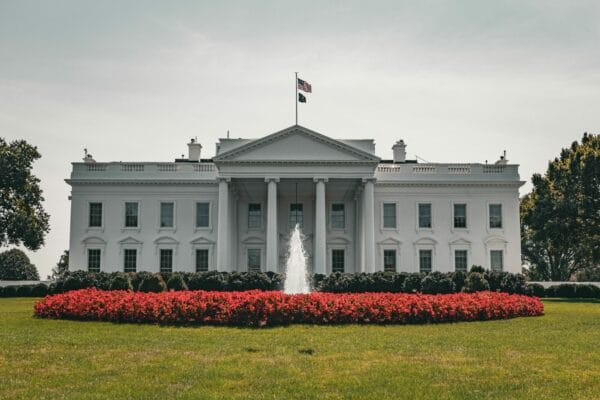By Chris Caldwell
St. George Utah.com
Horses in America and their owners are facing challenges. While equines will always capture the hearts of men, equine laws and lobbies are in tension and horse owners and breeders are facing increasing costs and realities that, for some, offset the benefits.
Dry climates are cutting away at agricultural production, and the trickle-down effect is being felt all the way down to the individual farmers. Feed and gas prices are at record-setting highs, and pushing farmers to reevaluate what animals they choose to raise. Horses are not immune to the reality check many owners are facing.
According to a July 2012 report by the National Oceanic And Atmospheric Administration 71 percent of the country is classified as being in a state of abnormally dry to exceptionally dry. And this is no blip on the radar. Besides causing nationwide problems, this is costing local farmers money, resources, and even livestock.
“The cost of keeping horses has gone up dramatically in the past three years,” local horse owner Sheri Peterson said. “The price of hay has doubled.”
 The actual price increase on hay isn’t the only problem horse owners face; because hay used in this area is grown so far away, soaring gas prices and increasing property values are running up the cost as well. Combined with all the other costs associated with raising horses it is becoming too much, and local farmers are steering away from raising horses.
The actual price increase on hay isn’t the only problem horse owners face; because hay used in this area is grown so far away, soaring gas prices and increasing property values are running up the cost as well. Combined with all the other costs associated with raising horses it is becoming too much, and local farmers are steering away from raising horses.
Meanwhile, RLG Equine Law attorney Adam Trenk in January authored the following relevant and published article:
Horse Slaughter
Early in December it was difficult to turn on the news, open your paper or read the headlines on your web browser without reading that horse slaughter was coming back. In late November the President signed into law H.R. 2112, a spending bill that established budgets for federal agencies. The horse slaughter hysteria has resulted because this bill lacked language expressly prohibiting the funding of USDA horsemeat inspections, which had been contained in every piece of legislation of this type since 2006. However, the law does not appropriate specific funds for the inspectors and so all signals seem to indicate that stateside horse slaughter is not going to resume any time soon.
The defunding of USDA horse meat inspectors caused the last horse slaughter plant to close in 2007 and the result has been a de facto ban on the practice in our country since 2007. (Note: even though the federal funding for USDA horse meat inspectors was halted by Congress in 2006, the last horse slaughter plant in the States did not shut down until 2007 when a judge ruled against a fee-for service practice that the USDA had initiated in absence of federal funding). Horse slaughter proponents argue that horse abuse, neglect and abandonment have been on the rise since 2007 and the data from around the country supports that assertion. The abolishment of horse slaughter is undoubtedly a cause of this increase, coupled with the rising cost of feed and the economic downturn which has squeezed every family’s budget. Proponents also note the slaughter of American horses has continued in Mexico and Canada, which is far less humane since. Foreign slaughter practices are often brutal and are generally preceded by long torturous rides in crowded trailers designed to haul cattle while being deprived of rest, food and water.
Horse slaughter opponents also have concerns about the treatment of animals destined for slaughter, and argue that the methods of shipment and processing in the United States were, and would again, be inhumane. There are further concerns over the safety of the meat produced from horse slaughter. Horses in the United States are not raised primarily for food, and therefore, unlike beef cattle and other meat animals, are often treated with mediations not suitable for use in animals intended for human consumption. Because most horses that end up in slaughterhouses are purchased at auction with little or no records of their history, there is no way to know if their flesh is tainted. (Note: the vast majority of post slaughter horse products are not consumed by the American public, but shipped overseas where it is considered a delicacy)
Regardless of which side of the issue you stand on, there are some unfortuate realities that the passage of H.R. 2112 has pushed into the spot light. Currently, without horse slaughter in the United States, there is no viable outlet for unwanted horses, the numbers of which continue to rise. Unwanted animals are plentiful, so prices of horses have been driven way down. The glut of supply and cheaper prices end up hurting the equine industry while likely contributing to the rise in neglect and abandonment. Euthanasia and disposal can cost in excess of $500. When slaughter was legal stateside, an unwanted horse could fetch a few hundred dollars. However, because shipping costs to Mexico and Canada are so high and horses are so plentiful their meat value is also way down. Today the return on sending a horse to auction may not cover the cost of fuel to get it there. Consequently people starve, neglect or cut their horses loose if they don’t sell them for peanuts and doom them to horrific journey to foreign slaughterhouses.
In a perfect world, there would be no unwanted horses and everyone would be able to afford to feed the ones they did want. However, we do not live in a perfect world. Even in good economic times, there is not a home for every animal despite the good work of many amazing rescue organizations and sanctuaries. Since we are faced with this reality, we should be cognizant of the unintended consequences caused by the horse slaughter ban and work to put in place stronger regulations to provide for the humane and dignified treatment of horses that end up facing the most awful fate.
Adam Trenk is an Attorney at the Rose Law Group pc (www.RoseLawGroup.com) and practices in the areas of Equine Law, Land Use, Public Policy, Community Relations, and Business Law. He is an Avid Horseman and Sits on the Board of Canter Arizona, a Non-Profit that Helps Rehabilitate and Adopt Out Ex-Racehorses. Mr. Trenk served as an Elected Member of the Cave Creek Town Council from 2009 to 2011 where he was a champion of the Local Equine Community and supported by the Arizona Horse Council. He can be contacted by email at atrenk@roselawgroup.com or by phone at 480-240-5647. Like him on Facebook at www.facebook.com/EquineAttorneys.

